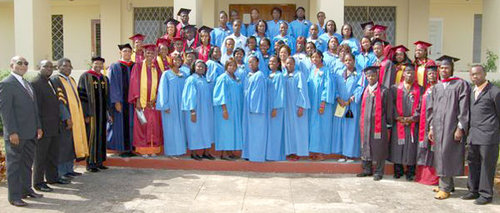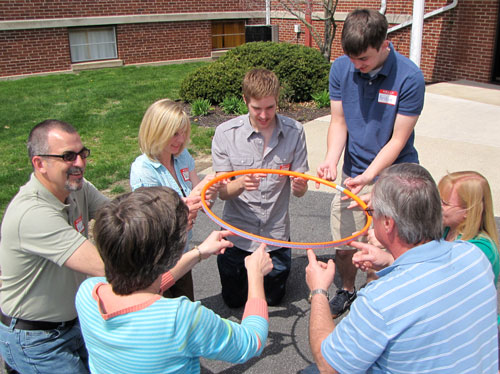20 Jul Learning to Lead
My earlier experiences in ministry were not positive. It was okay, and we saw some good things happen, but I struggled a bit. I don’t know why.
My first church, in 1964, was a part-time church near Willshire, Ohio, when I was a student pastor. I was elected to this job in 2005. During those 40 years, I cannot recall a time when I ever called a superintendent or bishop because I had a problem in the church. There were probably times when I should have, and I was too dumb to know I should.When we pastored the UB church in Sacramento, Calif., it took me a number of years before things started to happen, and that’s about the time I left to spend four years at the national office.
When I spent 13 years with Scripture Press. That’s where I got the other side of my ministerial training. I had the Bible and theology and all that stuff, but I didn’t have a clue how to lead. I kept causing problems. There was friction.
Scripture Press invested in men and trained me in leading. They put me in a position where I had to lead to be successful. Without that 13 years, I don’t think I would have been successful at Mainstreet. And without those 12 years at Mainstreet, I wouldn’t have known which end of the tool to pick up as bishop.
In addition, at Scripture Press I had the chance to see churches of other denominations. I was in a wide span of theological perspectives, and saw there was a whole other world beyond the United Brethren church. I saw what was working for churches in other groups.
If I had gone straight from the national office to Mainstreet or any other church, I don’t think I would have been all that successful. So I thank God for those years at Scripture Press and what they taught me about leadership.






 Galen and Maritta Fiedler (above) are “tentmakers” in southern Germany, where Galen teaches at a local Christian school that is passionate about reaching their community for Christ. Among the varied efforts to reach people for Christ, the Fiedlers also use English as a means to build relationships and establish rapport. They will host volunteers and students who come to help them with short-term ministries.
Galen and Maritta Fiedler (above) are “tentmakers” in southern Germany, where Galen teaches at a local Christian school that is passionate about reaching their community for Christ. Among the varied efforts to reach people for Christ, the Fiedlers also use English as a means to build relationships and establish rapport. They will host volunteers and students who come to help them with short-term ministries.
